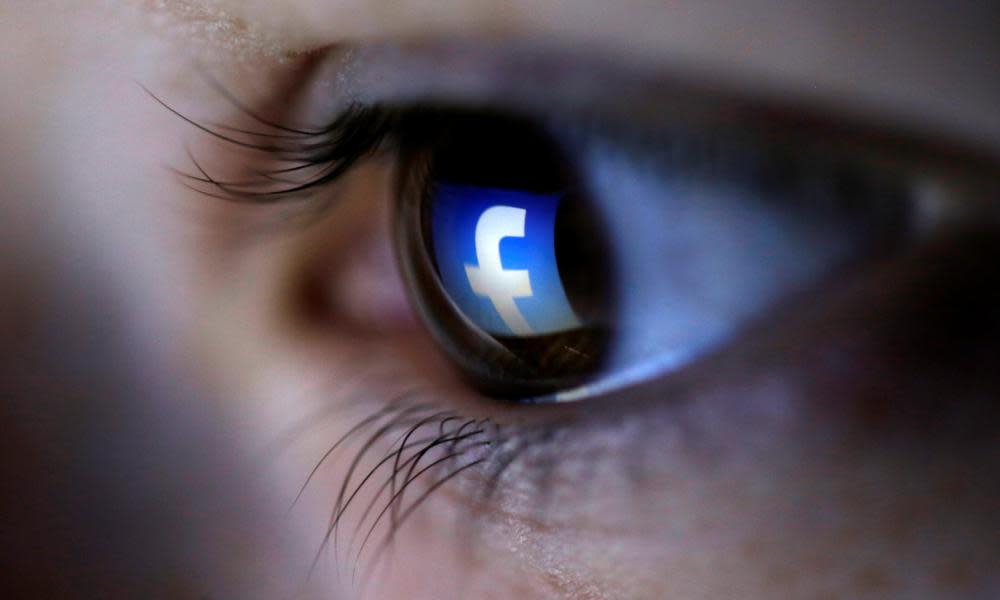The Guardian view on moderating Facebook: we need to talk | Editorial

Facebook became one of the largest media companies in the world by positioning itself as not a media company at all. That way it could not be held to the same kind of legal responsibilities as its competitors were. Instead it was, and remains, largely free to set its own editorial standards. As our revelations this week show, these are sometimes shocking. Now that Facebook has grown so large that it is no longer just a media company but a kind of hybrid beast that does not fit into any of the traditional categories, the question of who should control its content is hard to dodge and harder to answer. At the moment, Facebook claims the right to determine its own policies, although this is constrained by national or – in the case of the EU – supranational laws.
The main policy is that nothing should be taken down without a complaint, although some clearly objectionable content has in the past been left up even after complaints. The company has responded to criticism and hired thousands of new moderators. Pornography and pirated intellectual property can be detected and zapped by algorithmic analysis. But that’s the easy bit. The hard part is making judgments about human interactions: bullying, hatred and exploitation. Facebook executives in Australia have just been found touting the ability to target users as young as 14 for advertising when they are feeling “stressed … worthless … or insecure”. Although the company denies that it uses or condones the use of these powers, it is a horrifying example of the reach it gains from its industrial collection and processing of personal data. It also shows up the limitations of the company’s categorisation of “vulnerable” people, which forms a central part of its policy on abusive or violent speech.
“Vulnerable” people are defined as those who are egregiously powerless, like the homeless. But this does nothing to affect the very real problem of bullying. Whether words or pictures constitute bullying can be determined only from the context, not by examining them individually against a checklist. It might be possible to defend nasty things said in private groups among consenting adults, but nowhere on Facebook is truly private. All of it can be monetised. That makes the traditional defences of free speech problematic there. The problem of Facebook’s moderation defies easy answers. There have to be limits on what can be published there. But who should set and enforce them? A wide-reaching democratic debate is urgently needed: this is a social problem, not one for technocrats.

 Yahoo News
Yahoo News 
